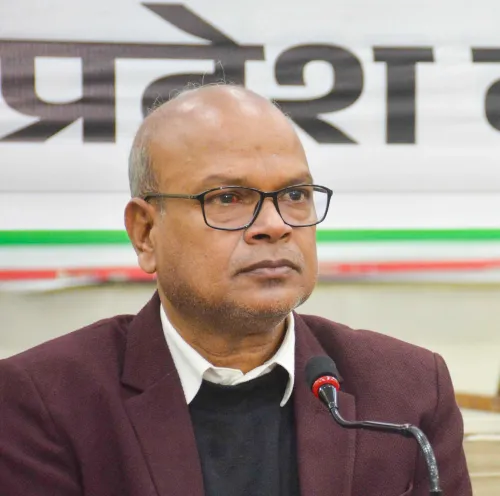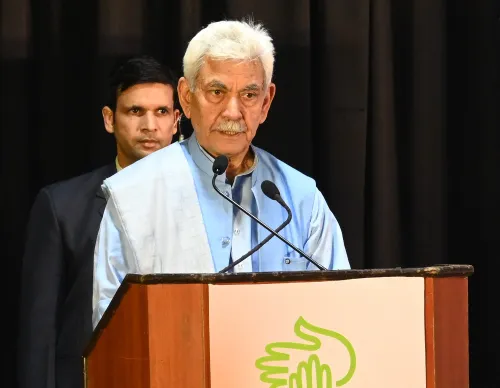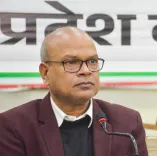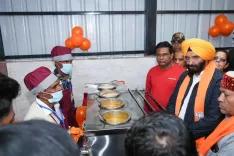What Led to MNS’ 2024 Rout?
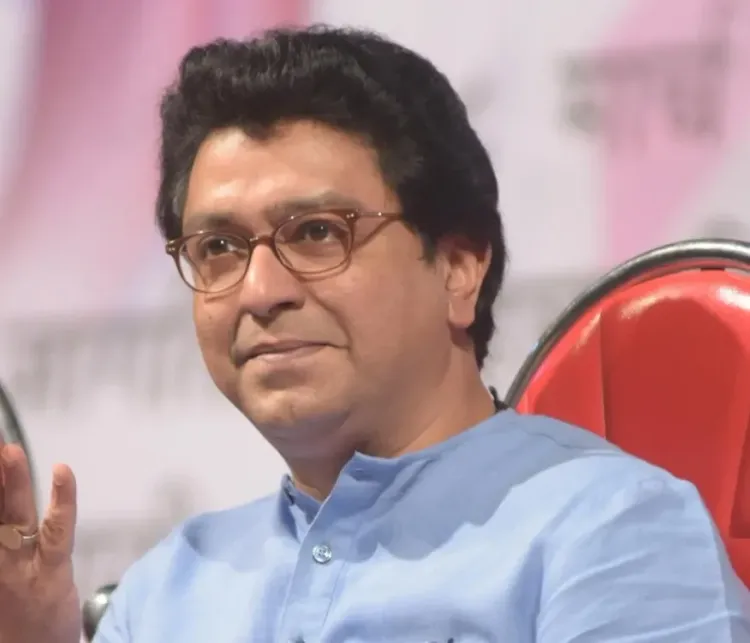
Synopsis
Key Takeaways
- MNS failed to win any seats in the 2024 Maharashtra Assembly elections.
- The party's vote share plummeted to 1.55%.
- A significant number of voters opted for NOTA over MNS candidates.
- Raj Thackeray's attempts to realign the party around Hindutva were unsuccessful.
- Analysts point to weak organization and messaging as key factors in the MNS's decline.
Mumbai, July 9 (NationPress) A reflective analysis of the 2024 Maharashtra Assembly election outcomes reveals a significant setback for Raj Thackeray’s Maharashtra Navnirman Sena (MNS), highlighting a profound disconnect between the party's vocal public image and its declining electoral significance.
Despite Raj Thackeray's attempts to realign the MNS around Hindutva and civic matters, voters seemed unpersuaded.
The party ran for 125 seats statewide but shockingly did not secure a single constituency—marking its poorest performance since its inception in 2006.
Data from the X handle “infoindata” shows a dire situation. The MNS lost deposits in 119 out of the 125 seats it contested, signifying that it garnered less than one-sixth of the total votes in those areas.
Notably, in 28 constituencies, MNS candidates received fewer votes than NOTA (None of the Above), a symbolic protest choice.
In over 22 percent of the constituencies it contested, voters opted to reject all candidates instead of backing the MNS.
The party's overall vote share was a mere 1.55 percent, a significant drop from its previous standing.
In 2009, the MNS had claimed 13 seats and 5.7 percent of the vote share, driven by a rise in Marathi identity politics. However, its path since then has seen a steady decline—winning no seats in 2014, just one in 2019, and none in 2024. These results pose serious questions about the party's future.
Even the much-publicized candidacy of Amit Thackeray, Raj Thackeray's son, couldn't turn the party's fortunes around.
Running from Mahim in Mumbai with implicit BJP support, Amit finished third, trailing behind candidates from Shiv Sena (UBT) and the faction led by Eknath Shinde.
The MNS's poor performance also threatens its recognition as a state party. Lacking a legislative presence and witnessing a diminishing voter base, the Election Commission may be forced to reassess its status.
Once regarded as a transformative force in Maharashtra's political environment, the verdict of 2024 signifies more than just a setback for the MNS—it represents a period of significant political reflection.
Experts attribute this decline to inconsistent ideological messaging, weak grassroots organization, and the diminishing of its fundamental Marathi voter base due to competing factions of Shiv Sena.


